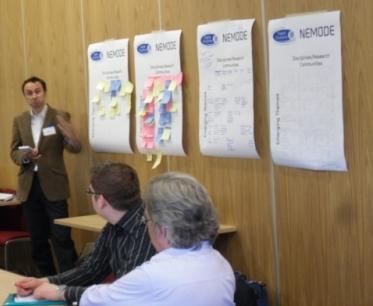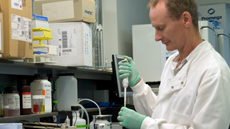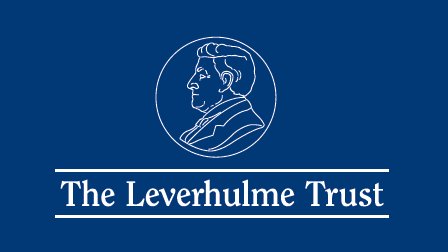 Academics from multi-disciplinary backgrounds recently attended a two day Digital Economy Network+ event at the University of Cambridge. The aim of the event was to continue the process of building a network of people interested researching New Economic Models for the Digital Economy.
Academics from multi-disciplinary backgrounds recently attended a two day Digital Economy Network+ event at the University of Cambridge. The aim of the event was to continue the process of building a network of people interested researching New Economic Models for the Digital Economy.
The focus of the event was to share the diverse perspectives on new economic models for the digital economy and to develop and shape the research agenda on two key themes;
- What are economic models and how do different communities define them?
- Does an economic model differ from a business model?
Both days consisted of a number of brainstorm and discussion activities that opened with each academic presenting their views on the ‘big questions’ in relation to their own subject domain, which in my case is Media Management. It was certainly interesting to look at the same research questions from very different perspectives, and it this has helped inform my thinking for the Advances in Media Management (AiMM) research group that I lead and our forthcoming symposium on New Economic Models.
Further network events are planned, but for those BU academics researching within our own Creative & Digital Economy Theme – the funding headlines are;
- The EPSRC are managing the New Economic Models sub-theme of the Digital Economy
- The network will now be known as NEMODE
- NEMODE have £980k to support network activities including funding 10 small (£50k) feasibility/scoping studies. A call for the first two projects will be made in October this year.
- Successful feasibility studies can be scaled up via direct applications to the RCUK Digital Economy.
- Funding Applications that involve practitioners will be looked upon more favourably – which sits nicely with BU’s Fusion Strategy!
 Action on Hearing Loss,
Action on Hearing Loss,






















 SPROUT: From Sustainable Research to Sustainable Research Lives
SPROUT: From Sustainable Research to Sustainable Research Lives BRIAN upgrade and new look
BRIAN upgrade and new look Seeing the fruits of your labour in Bangladesh
Seeing the fruits of your labour in Bangladesh Exploring Embodied Research: Body Map Storytelling Workshop & Research Seminar
Exploring Embodied Research: Body Map Storytelling Workshop & Research Seminar Marking a Milestone: The Swash Channel Wreck Book Launch
Marking a Milestone: The Swash Channel Wreck Book Launch ECR Funding Open Call: Research Culture & Community Grant – Application Deadline Friday 12 December
ECR Funding Open Call: Research Culture & Community Grant – Application Deadline Friday 12 December MSCA Postdoctoral Fellowships 2025 Call
MSCA Postdoctoral Fellowships 2025 Call ERC Advanced Grant 2025 Webinar
ERC Advanced Grant 2025 Webinar Update on UKRO services
Update on UKRO services European research project exploring use of ‘virtual twins’ to better manage metabolic associated fatty liver disease
European research project exploring use of ‘virtual twins’ to better manage metabolic associated fatty liver disease